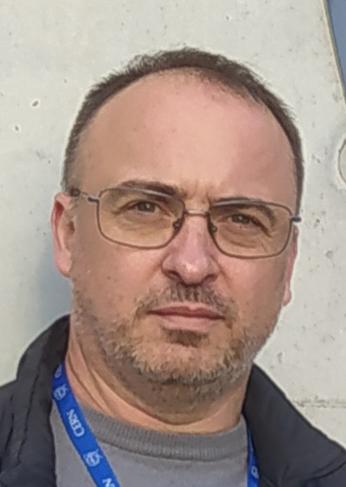
Seven years ago, the first executive committee of the TWAS Young Affiliates Network—or TYAN—came together during the 27th TWAS General Meeting in Kigali, Rwanda, to launch our organisation. Today, our Network is an active member of the global science community, offering specialized and vital resources to young scientists in the developing world.
We organise workshops and conferences throughout the developing world. We connect the great challenges in sustainable development to the need for a corps of young scientists in the global South. And we actively advocate for the interests, needs, and activities of early-career researchers—as well as the importance of nurturing long-term science—to policymakers, journalists, and entrepreneurs throughout the world.
It’s a great honour to open this TWAS Newsletter, in which the Academy is featuring many signs of TYAN’s strong growth. I’m proud to see the path we have cleared, together, for young scientists in every corner of the developing world to take part in the science we need in order to tackle important topics such as climate, biotechnology, big data, open access, and education.
I am also pleased to highlight several of our advocacy initiatives seeking a shift in the global science culture designed to ensure that the most promising minds in the global South can fully participate.
Take, for example, what the scientific community holistically refers to as “scientific excellence”. It is important to consider that the current global metrics widely used to evaluate “excellence in research” are widening the gap between countries in the global North and South. We believe that “excellence” should be interpreted more equitably, meaning above-average standards among one’s peer group, working under the same environments and facing similar challenges.
There is also another important priority that TYAN and TWAS can continue to facilitate: Interdisciplinary research. The challenges outlined in the UN Sustainable Development Goals (SDGs) demand solutions that integrate knowledge across diverse fields. Interdisciplinary collaboration, at all levels, is indispensable if we wish to achieve scientific excellence and the SDGs, because of its power to apply solutions to the contexts of their communities.
TYAN has also established an educational and research training program for sustainable development called TEACH-4-SD. This program was conceived to facilitate hands-on training courses, typically summer schools, on topics relevant to young scholars in developing countries. TYAN members act as instructors for these courses, passing on their own skills and experiences, which were acquired from top-level international labs.
Finally, there is the prominent matter of open science, which is incredibly important to young researchers from developing countries today. I urge everyone to support the UNESCO Recommendation on Open Science. Open science plays a crucial role in shaping SDG-aligned research. It can also catalyze collaboration, the democratization of information, informed decision-making, the visibility and impact of research—and through these key ingredients, it makes progress possible.
But we have an important perspective on the practical aspect of this issue.
There must be clear regulations about the use of open data. These findings could serve as the foundation for future innovation. But if, in the future, we still lack clear guidelines for the use of published data, it will prove a severe barrier to this needed wave of innovation. We at TYAN urge that these new regulations be forged at an international level before it’s too late.
We are able to carry out this work, and advocate for these issues, largely because of the sponsorship and support of TWAS and its partners. We are grateful for their help, and look forward to growing further. I hope you’ll join us in our efforts to ensure a world where young talents of the future may flourish, strive, and accomplish great things, no matter where they may be.
Franco Cabrerizo,
Chair, TWAS Young Affiliates Network

